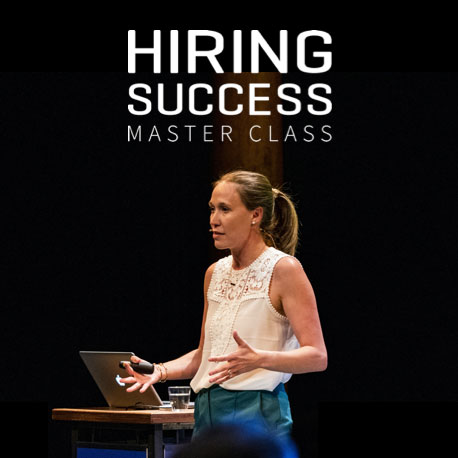There’s a passage in Shankar Vedantam’s The Hidden Brain in which he recounts a swim he once took in the ocean. A self-described “decent swimmer,” Vedantam notices on that particular day, to his surprise, that he has become powerful and athletic. He swims effortlessly. However, when far from the shore, he realizes he had been riding a current the entire time. His prowess, he discovers, is the result of random good fortune.
“Unconscious bias influences our lives in exactly the same manner as that undercurrent,” Vedantam writes. “Those who travel with the current will always feel they are good swimmers; those who swim against the current may never realize they are better swimmers than they imagine.”

In some ways, this analogy is nearly perfect. By using natural imagery that’s universal and relatable, it depicts disadvantage (and the lack thereof, privilege) not as an abstract concept, but as a very real, observable phenomena. The current, representing systemic inequality— racism, sexism, homophobia, ageism, classism, xenophobia, and so forth—is an elemental force of nature, capricious and capable of doing great damage.
On the other hand, the picture it paints is incomplete. While the analogy hammers home one important truth—that inequality is real— it fails to underscore one that’s even more important—it doesn’t have to be. And talent acquisition leaders, those in the profession of connecting people to jobs, have a very important role to play in making that a reality.
The simple definition of a job is a service performed in exchange for payment. For most people, the payment received is far more than currency—it’s a means to access basic necessities like food and shelter. Not only do these things ensure survival, they also act as the foundation upon which individuals can develop personally and socially, and hopefully one day flourish. Bearing that in mind, it would be more accurate to define a job as a service performed in exchange for the chance to live one’s best life.
Unfortunately, countless numbers of people in this world struggle unnecessarily against the current. Watching others move ahead towards their best lives with relative ease. In a speech addressing one of the most pernicious forms of inequality— poverty—Dr. Martin Luther King Jr. stated, “Now there is nothing new about poverty. It’s been with us for years and centuries. What is new at this point though, is that we now have the resources, we now have the skills, we now have the techniques to get rid of poverty. And the question is whether our nation has the will …”

Dr. King was right: we do have the techniques to get rid of poverty. Does the will to do so exist, though? Perhaps it’s an impossible question, or at least one that shouldn’t be answered with declarations, but rather by pointing to examples of individuals who embody the will and carry it out in their work and daily lives.
Starting next week, you can expect to regularly find insights on HiringSuccess.com that showcase talent acquisition leaders dedicated to fighting inequality through recruiting that’s mindful of diversity and inclusion; best practices from hiring teams that have demonstrated an ability to help individuals find ways to circumnavigate systemic inequalities in the hiring process, while calling attention to the need for industry-wide progress; actionable insights on how you, too, as a TA professional can extend the opportunity to others to live their best lives.
Are you a TA leader with a story to tell? You can submit a proposal here. If you’d like to comment on one of the articles you’ve read on Hiring Success, send us an email.

 Enroll in the Master Class & earn 6 SHRM credits
Enroll in the Master Class & earn 6 SHRM credits